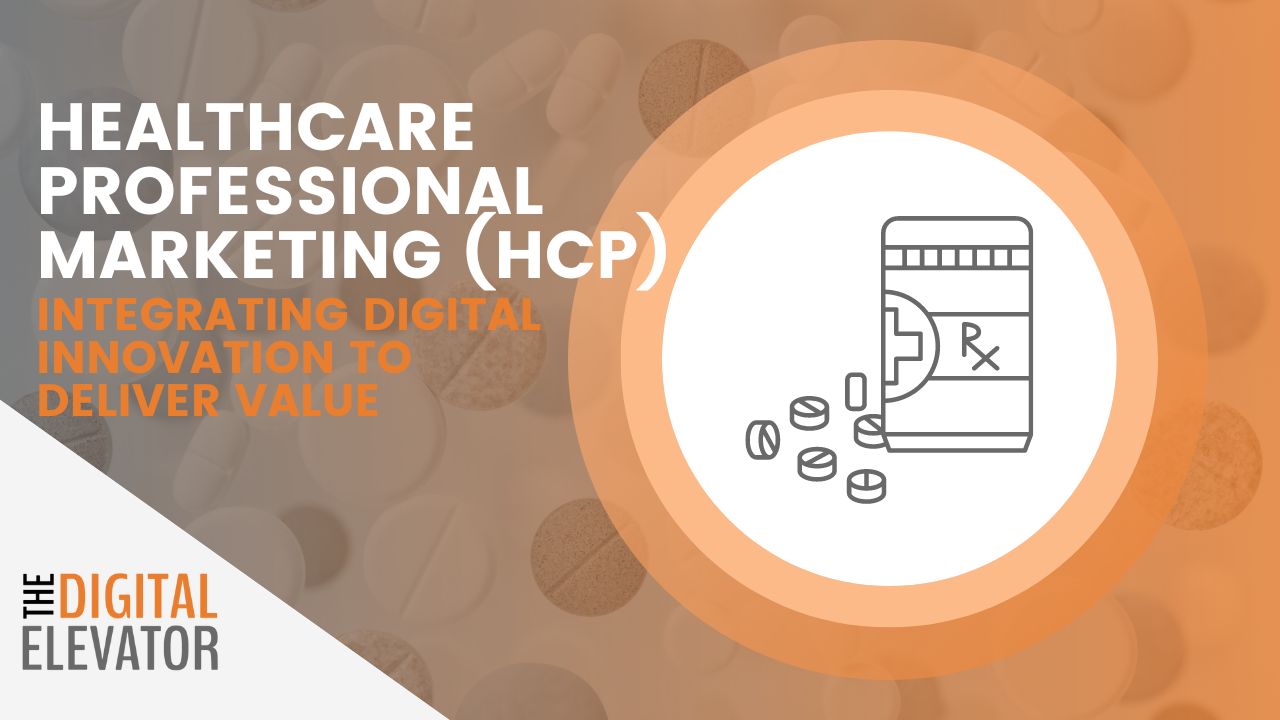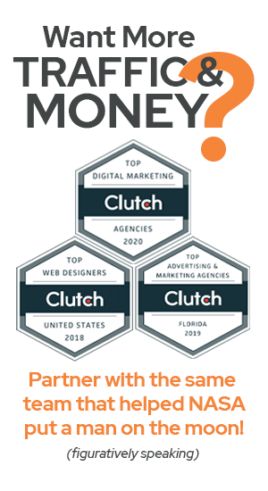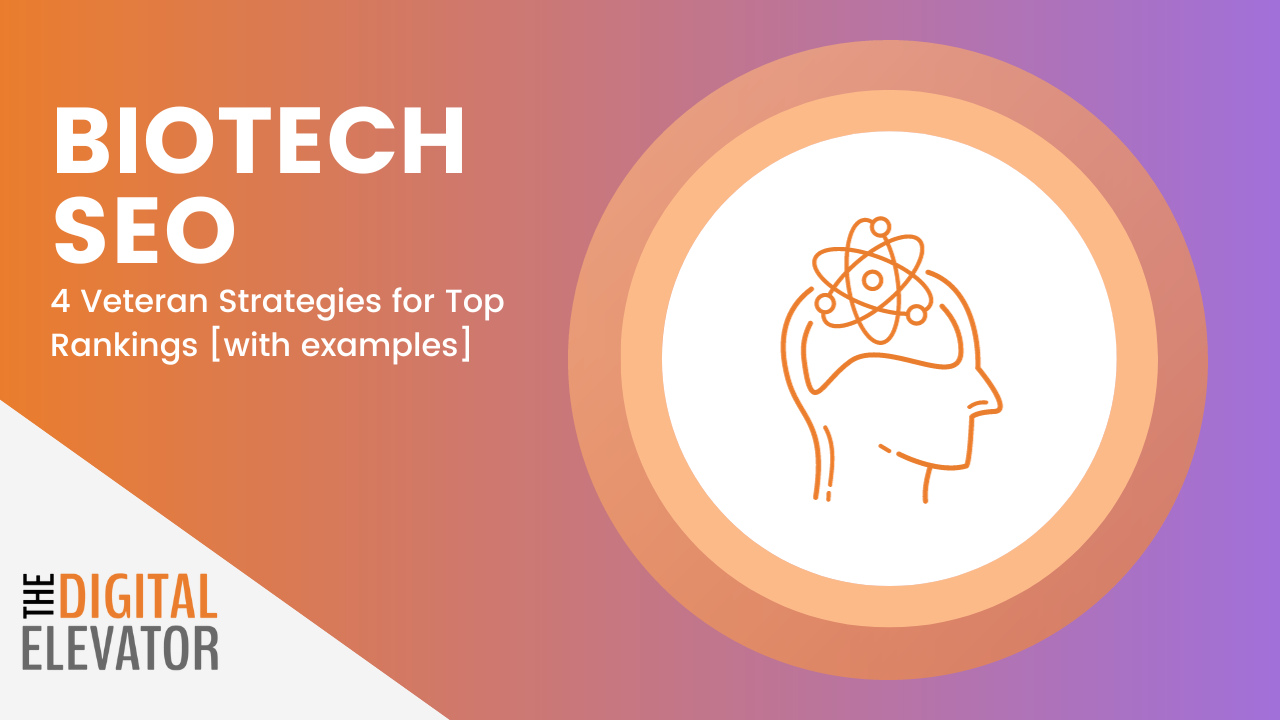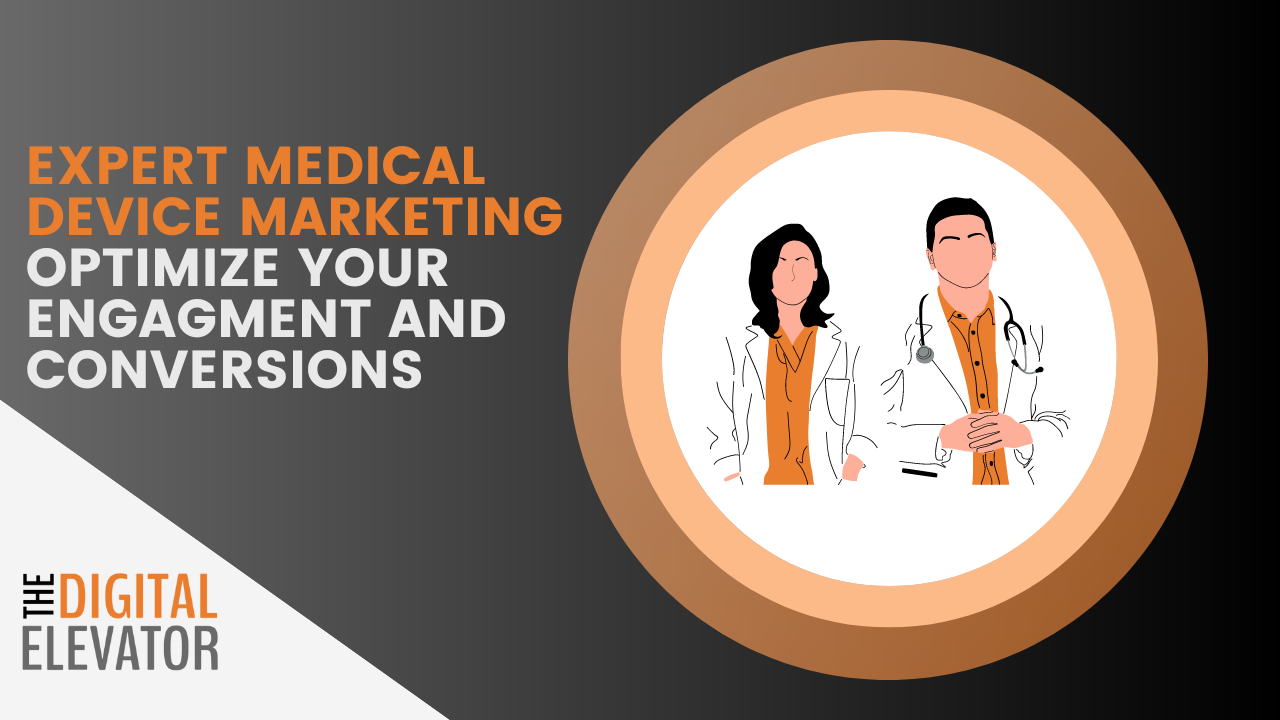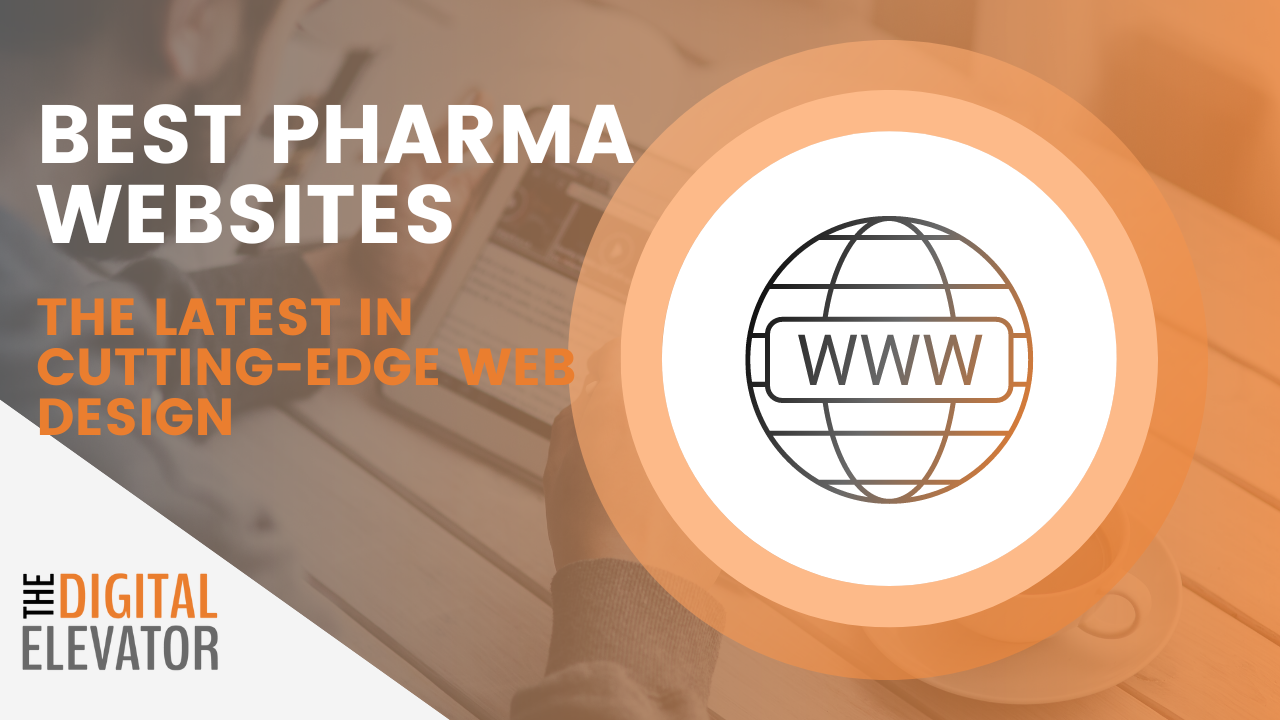In today's highly competitive healthcare industry, reaching healthcare professionals (HCPs) with effective marketing strategies is crucial for pharmaceutical companies, medical device manufacturers, and healthcare service providers. HCP marketing, short for healthcare professional marketing, involves targeting and engaging HCPs to promote products, services, and educational resources.
This comprehensive guide will delve into the world of HCP marketing, exploring proven strategies and best practices to help businesses stand out and achieve success. Let's dive in and unlock the secrets to effective HCP marketing.
Challenges marketing to HCPs
Healthcare professionals (HCPs) face a constant influx of information. When they are not engaged in patient consultations or treatments, they dedicate their time to researching disease states, recent advancements in healthcare, and emerging drugs or therapies.
As pharmaceutical companies undertake market research, patient recruitment, therapeutic category promotion, and drug launches, they accumulate vast amounts of data. This includes clinical trial results, drug efficacy data, prescribing guidelines, and insights into target audiences.
However, communicating the sheer volume of information to HCPs poses a challenge.
Physicians require concise, valuable, engaging, and easily accessible content. It is crucial to present information to HCPs through appropriate platforms, at optimal times, and in suitable formats.
The responsibility of HCP marketers is to provide value quickly
Pharmaceutical marketers are responsible for sifting through extensive statistics and research to extract the most valuable information for HCPs. As HCPs can only spare time for information that provides genuine value, effectively marketing to them requires a targeted marketing strategy with succinct and valuable messaging.
As the competition in new drug launches intensifies and pharmaceutical companies strive to outperform each other, HCPs are now faced with an unprecedented amount of information. They must consider factors such as drug side effects, safety, patient access, drug efficacy in meeting patients' needs, payor requirements, and evolving treatment protocols for every new prescription.
On average, the FDA approves roughly 40 to 50 new drugs each year. In 2022 alone, CDER approved 37 novel drugs.
While the information HCPs require to assist their patients in making informed decisions remains unchanged—updates on disease states, available drugs and treatments, prescribing protocols, drug efficiency, and side effects—the medium through which HCPs receive information is evolving.
Introducing digital marketing to traditional methods
Traditional methods of information dissemination and receipt still persist, but digital information channels are thriving. A successful pharmaceutical marketing strategy targeting HCPs necessitates a well-balanced approach encompassing both traditional and digital marketing methods.
HCP marketing poses challenges for pharmaceutical companies unless they are supported by an expert pharmaceutical marketing agency. Marketing to HCPs involves navigating the demands of HCPs themselves, patients indirectly, payors, and the FDA.
Both HCPs and pharmaceutical companies must adhere to payor requirements and FDA regulations. Stricter guidelines and limitations associated with chronic and rare disease therapies can present additional obstacles.
Pharmaceutical companies are experiencing reduced access to physicians as time constraints prevent meetings with sales representatives. Consequently, pharma companies must elevate their marketing strategies to engage with receptive HCPs, and this primarily entails leveraging digital marketing. Pharma marketers require the necessary resources and tools to target their audience through paid advertising, social media, and to craft messaging that resonates with and provides value for HCPs.
Below are the latest HCP marketing strategies that accomplish the goals of messaging, targeting, and an omni-channel approach.
HCP Marketing Tactics
Programmatic Advertising
Programmatic advertising is the automated process of buying and selling digital ads. When it comes to marketing to busy HCPs, it is, by far, our most recommended marketing strategy for pharma and biotech companies.
Programmatic platforms offer direct access to third-party data that includes websites and apps that are manually vetted to ensure a quality ad experience for the audience. This data allows us to market directly to:
- HIPAA-certified healthcare professionals
- B2B pharma audiences based on conditions
- Specialty-based physicians
- Millions of physicians, HCPs, nurse practitioners, physicians assistants, and hospital professionals
Not only are these ads HIPAA compliant, but they are also ideal for the following:
- Geotargeting: setting physical perimeters around a physical location where ads can be delivered (ex. Pharma conference)
- Native ads: ads that integrate seamlessly with editorial content.
- Display ads: banner ads or interactive ads with clear calls to action
- Reporting on campaign performance
Native ad example
Display ad example
Social Media Ads
65% of physicians use social media for professional reasons
Social media platforms offer healthcare professionals a range of tools to share information, engage in debates on healthcare policy and practice issues, promote health behaviors, interact with the public, and educate patients, caregivers, students, and colleagues.
By leveraging social media, HCPs have the potential to enhance health outcomes, build professional networks, stay updated on news and discoveries, motivate patients, and provide health information to the community.
When it comes to online communities, physicians frequently join platforms where they can access news articles, listen to expert opinions, stay informed about medical advancements, consult with colleagues on patient-related matters, and establish professional connections.
These communities serve as spaces for sharing cases and ideas, discussing practice management challenges, making referrals, disseminating research, promoting their practices, and participating in health advocacy efforts. Additionally, a growing number of physicians are utilizing social media to communicate directly with patients as a complement to their clinical care.
A survey conducted by QuantiaMD encompassing more than 4,000 physicians revealed that over 90% of physicians use some form of social media for personal purposes, while approximately 65% utilize these platforms for professional reasons.
Around one-third of physicians reported active engagement in social networks. Notably, the adoption of social media for both personal and professional use among physicians is steadily increasing.
In contrast to physicians, pharmacists have exhibited a comparatively slower adoption of social media in their professional practices. The utilization of social media platforms within the pharmacist community primarily revolves around pharmacist-specific social networks, driving the growth in their professional use.
While the engagement of pharmacists on broader social media platforms may be limited, the emergence of specialized networks tailored to their needs has provided a space for pharmacists to connect, collaborate, and share information within their professional domain.
HCP targeting via social media is popular on these platforms
- Meta (Facebook and Instagram)
- TikTok
Public relations
Public relations (PR) plays a vital role in HCP marketing strategies by helping to increase brand awareness and providing opportunities for pharmaceutical brands to be featured in publications that HCPs commonly peruse. The strategic implementation of PR tactics can effectively elevate a pharma brand's visibility and credibility within the healthcare industry, thus influencing HCPs' perceptions and decisions.
One of the key advantages of incorporating PR into HCP marketing is the ability to enhance brand awareness. By leveraging various PR techniques such as media outreach, press releases, and thought leadership initiatives, pharmaceutical companies can generate positive media coverage and exposure for their brands. This exposure increases brand recognition among HCPs and fosters trust and credibility, positioning the brand as a reliable source of information and expertise in the field.
Furthermore, PR presents valuable opportunities to secure placements and features in publications that are widely read by HCPs. Medical journals, industry magazines, and online platforms dedicated to healthcare professionals are essential sources of information for HCPs seeking the latest advancements, research findings, and industry trends.
By strategically partnering with PR professionals and leveraging their media relationships, pharmaceutical brands can secure editorial coverage, interviews, and expert commentary in these publications, effectively reaching and influencing their target audience of HCPs.
When a pharma brand is featured in reputable publications, it not only gains exposure but also enhances its reputation and credibility. HCPs often trust information published in respected industry publications, considering it reliable and valuable in their decision-making process.
Being featured in such publications can position the brand as a thought leader, with HCPs perceiving it as an authority in the field, thereby increasing the likelihood of brand adoption and preference.
Effective PR strategies also involve building relationships with key opinion leaders (KOLs) and influencers within the healthcare industry. KOLs have significant influence over HCPs' opinions and decisions, and their endorsement or support of a pharmaceutical brand can be highly impactful. Engaging with KOLs through PR initiatives, such as organizing expert panels, facilitating speaking opportunities at industry events, and collaborating on research studies, can amplify the brand's reach and influence among HCPs.
Website Considerations
When marketing to HCPs, it's important to note that a multichannel strategy allows you to be in all the places HCPs may utilize for research. At the foundation of your information sharing is your website, where most of your marketing efforts will point.
This stresses the importance of effective biotech web design and making sure your visuals and sales copy help guide HCPs down the appropriate sales funnels.
Closing Thoughts
In the fast-paced and information-rich healthcare landscape, effective marketing strategies tailored to healthcare professionals are crucial for pharmaceutical companies to stand out from the competition.
By providing concise and valuable content, leveraging paid and social media platforms, and integrating PR strategies, pharmaceutical companies can effectively engage with HCPs, build brand awareness, and establish themselves as trusted partners in the healthcare journey. By continually adapting to the evolving needs and preferences of HCPs, companies can position themselves for long-term success in the competitive healthcare industry.
